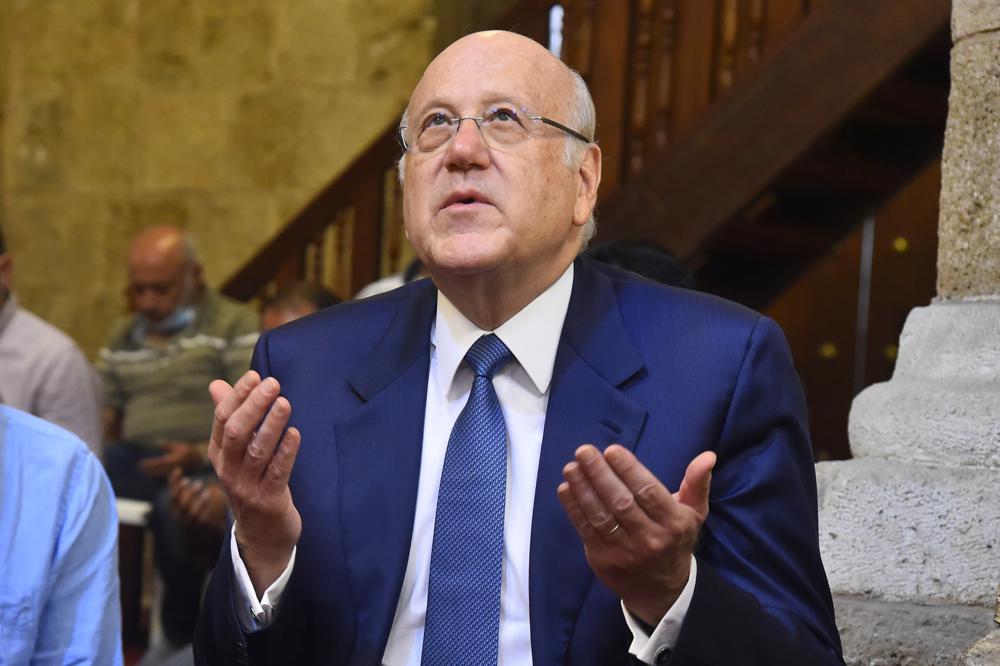Probably not. But after a year of stalemate, even old faces are better than none.

Lebanon finally got a new government this month, more than a year after the deadly port blast that that killed 217 people, injured 7,000, and swept away the former government. Well, “new”—as always for Lebanese politics—might be a stretch. But at least after a year of stasis, the country has found a couple of dozen people to form a working government, including a game show host, a billionaire, and a former central bank official.
Taking the hot seat as prime minister is Najib Mikati, a telecommunications billionaire and one of Lebanon’s richest businesspeople, who was caught up in corruption charges after serving as the prime minister twice before. Do-overs are pretty common for Lebanese prime ministers, even acting ones: One of the interim leaders in the last year, Saad Hariri, the son of an assassinated prime minister and a former prime minister himself, was one of two people who tried and failed to form a government after the blast.
Just getting a government is long overdue. France, Lebanon’s colonial patron, made the formation of a workable government a condition of any financial support, a position echoed by multilateral institutions such as the International Monetary Fund. But few people are under any illusions that the latest batch will be able to deliver real reforms to a country that plummeted into one of the world’s most severe financial crises since the mid-19th century, with more than half the population slipping under the poverty line.
FOREIGN POLICY

Leave a Reply
You must be logged in to post a comment.